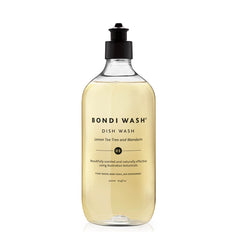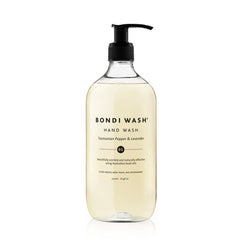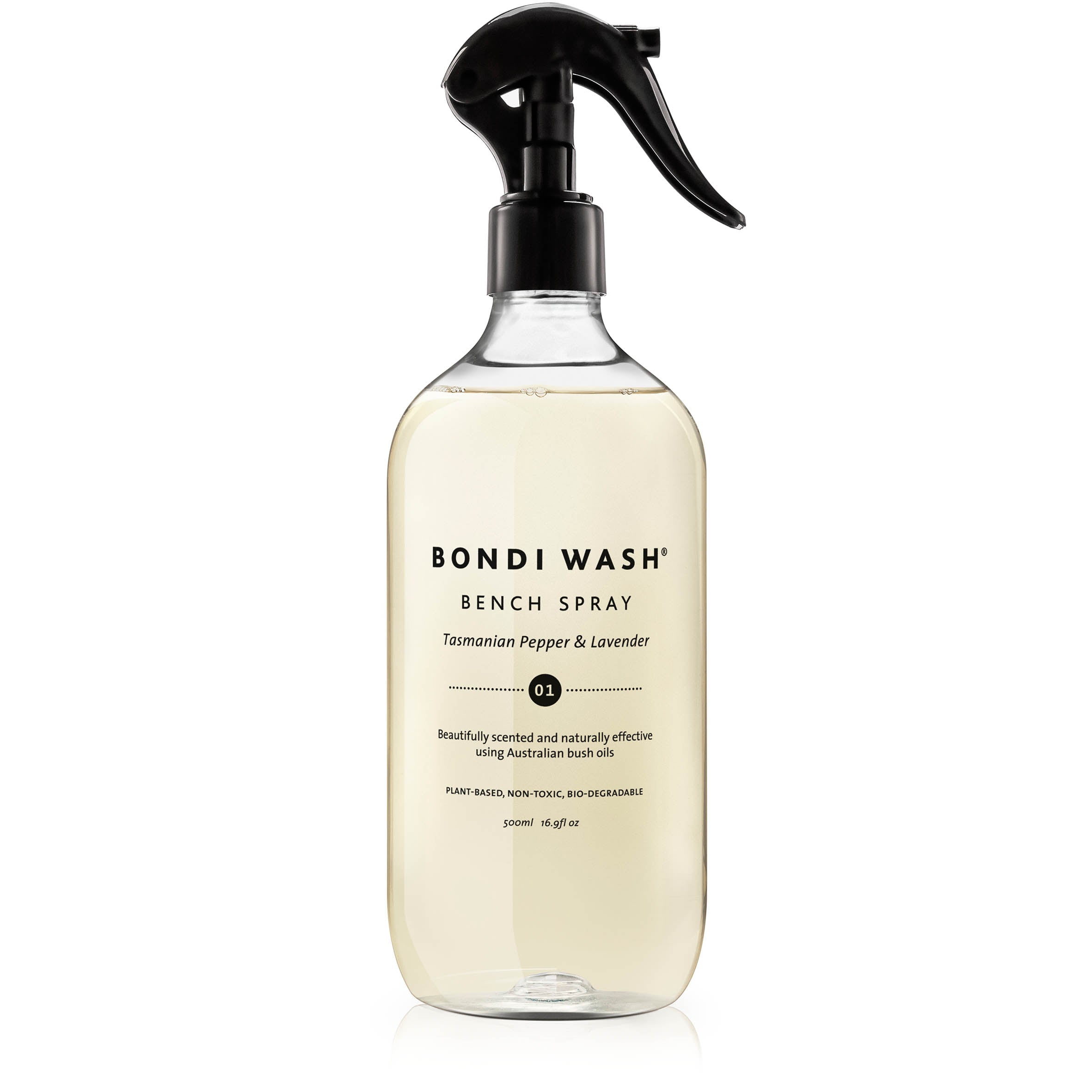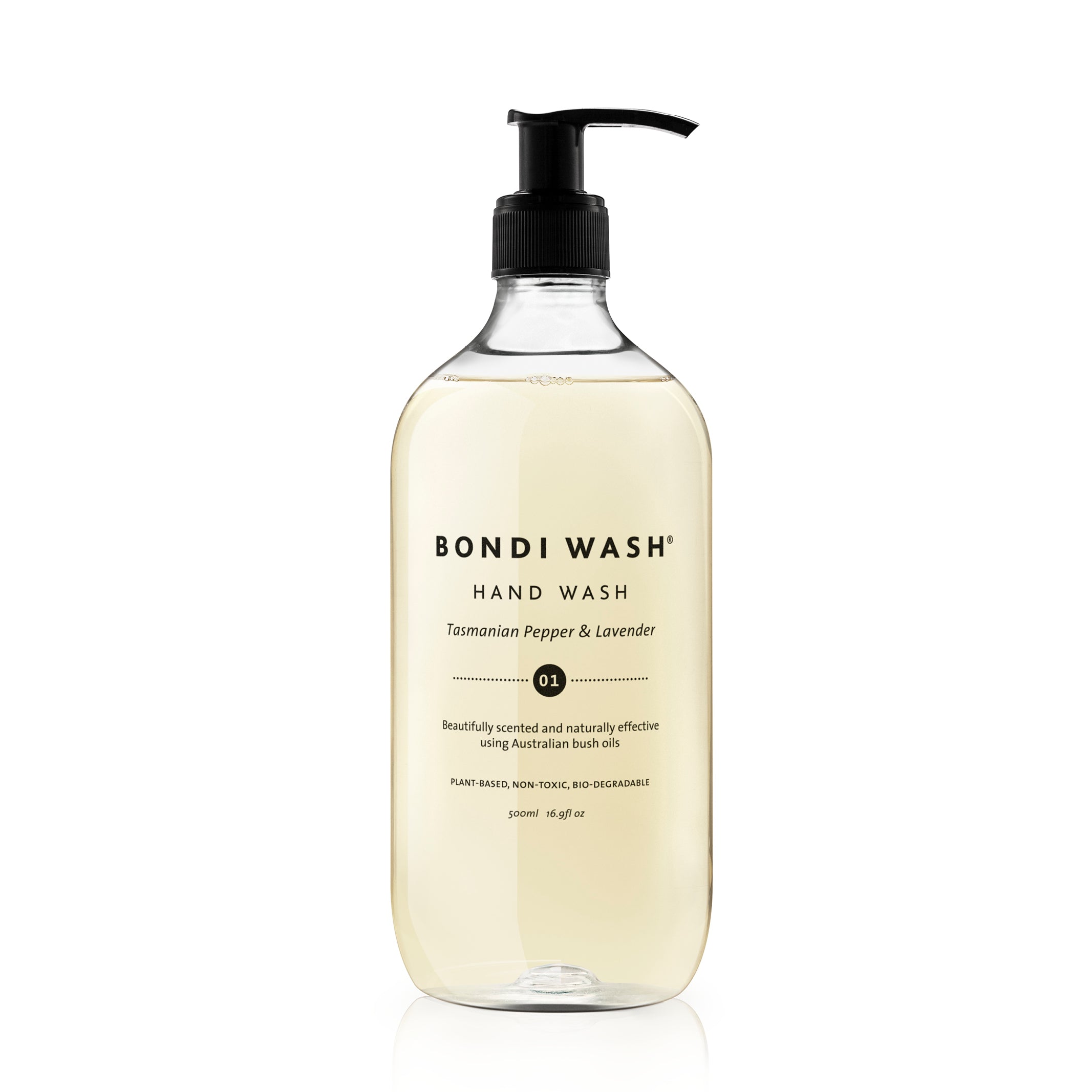Every day, our bodies are exposed to a number of toxins from the air we breathe, the food we eat, and the products we touch.
While our bodies work hard to naturally detoxify unwelcome chemicals and 'toxins', they can become overloaded - especially when exposed to certain harmful substances daily.
We've put together some of the simplest ways to reduce the toxic build-up in your life - focusing on one specific group of chemicals: endocrine disruptors.
Endocrine disruptors – what are they?
The endocrine system is the network of glands in our bodies that produce and release hormones. These hormores are responsible for regulating nearly every function within the body – from controlling metabolism, growth, reproduction and supporting overall immune function.
Endocrine disruptors (EDCs) are chemicals that can interfere with our hormones and impair the proper functioning of the reproductive, nervous and immune systems. Unfortunately, these substances are widespread in our environment - found in skincare, cleaning products, plastics, pesticides and pharmaceuticals.
While some industries and governments have made efforts to regulate particularly toxic EDCs, they remain largely unregulated. The challenge lies in accurately measuring the link between exposure to these chemicals and their adverse effects, which is not well understood.
5 ways to reduce your exposure
While removing contact with these chemicals is near impossible, there are simple actions you can take to reduce your exposure.
1. Watch out for hidden ingredients in your skincare and makeup
Without being a cosmetic scientist, it can be difficult to decipher what most of the ingredients in beauty products are for and which to avoid.
Apps, such as EWG's Skindeep and Yuka, can help to quickly scan product labels and identify which are 'cleaner'. We have listed here of some of the main ingredients we choose to avoid.
Top tips:
- Look closely at ingredients in your makeup, perfumes and skincare - avoid those with many hard-to-pronounce, chemical ingredients - parabens, sulphates and forms of formaldehyde are some of the worst.
- The term 'Fragrance' or 'Parfum' is a labelling loophole, often used to disguise hundreds of chemicals that brands aren't required to disclose.
- Watch out for sunscreens made using oxybenzone, an active ingredient that is that linked to allergies, hormone disruption and cellular damage.
2. Limit plastic container and can use
Plastic wrappings, containers and cans are often made using chemicals, such as BPAs or phthalates. Overtime or when heated, these chemicals leach into the food they're holding - both are associated with reproductive dysfunction and impaired brain development. (Note that 'PET plastic', used in some Bondi Wash products, is regarded as the 'safe' plastic and free from harmful chemicals.)
Top tips:
- Use glass jars to store cereals, nuts, seeds or other long-life foods
- Choose a stainless steel water bottle, over plastic
- Buy fresh food loose, skip the plastic bags or choose a reusable alternative
- Limit cheap takeaway consumption - fast food has been found to contain high levels of harmful chemicals such as phthalates.
3. Check your cookware
Despite being convenient, non-stick pans are often made with a plastic coatings containing PFCs (perfluorochemicals) - which have been known to affect thyroid, liver and immune function. Stainless steel and cast-iron pots and pans are a safer choice where possible.
4. Wash your veggies
Buying organic food is always the safest option – for your health and the planet, but is not always feasible. The best rule is to eat foods that are as close to their natural form as possible. Organic or not, it's important to wash your produce thoroughly to remove bacteria and pesticide residue.
5. Transition to using fewer, higher-quality natural products
If you're wanting to start by swapping out a few products for more natural ones, consider those in prolonged contact with your body - such as daily household cleaners, body and hand washes, leave-in products or lotions and fragrances that absorb into your skin.
























